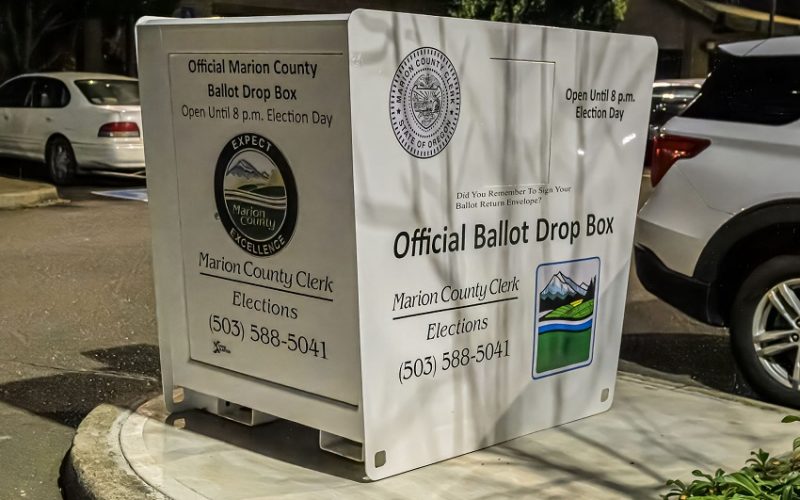Salem, OR – The Oregon Department of Transportation (ODOT) has faced scrutiny after new reports revealed that data entry errors have led to more than 1,700 people being incorrectly registered to vote, despite not demonstrating U.S. citizenship. These issues, which have been ongoing for several years, were uncovered through a series of reviews initiated by the department and the Secretary of State’s Office.
The latest findings, released in a report on Friday, indicate that another 118 individuals were wrongly added to the voter rolls. Most of these cases involved people who interacted with the Driver and Motor Vehicle Services Division (DMV) between 2010 and 2023. The department discovered these errors through an automated report that flagged discrepancies, such as when a person listed as a U.S. citizen provided records later showing they were non-citizens, like a permanent resident card.
The discovery comes after a broader review process was prompted by concerns from the public and external watchdogs, including a Chicago-based nonprofit. Officials found that the errors stemmed from front-line DMV workers incorrectly coding foreign birth certificates and passports as U.S. documents. This misidentification added non-citizens to the voter rolls, many of whom are legally prohibited from voting in federal and state elections.
Secretary of State Tobias Read expressed disappointment over the repeated errors. “It’s hard not to be disappointed,” he said. “Our elections are a chain that stretches between individual voters, through the state, and to county elections officials. That chain is strong and reliable, but we continue to have a weak link that needs more attention, work, and accountability.” Read emphasized the need for stronger safeguards to prevent future issues.
The latest batch of mistakes involves 118 individuals, 13 of whom have already voted in one or more elections. Voting by non-citizens in federal or state elections is a criminal offense, carrying the risk of prison, fines, and deportation. The Secretary of State’s Office is currently reviewing the eligibility of these 13 individuals, with three cases already forwarded to the Department of Justice for potential criminal investigation.
In response to the errors, county clerks have already deactivated the voter registrations of the 118 affected individuals, ensuring they will not receive ballots for the upcoming local elections in May. These voters will also be sent letters detailing how they can either cancel or reactivate their registrations, depending on their citizenship status.
Since 2016, Oregon has implemented automatic voter registration for citizens who obtain or renew a driver’s license, permit, or nonoperating ID. However, the system has faced criticism and calls for reform, particularly from Republican lawmakers who have raised concerns about election integrity. The situation in Oregon has become a flashpoint in broader national debates about voter registration, with some pushing for stricter requirements to prove citizenship before registering voters.
In light of the recent errors, there are renewed discussions about altering the state’s voter registration processes. Republican lawmakers in Oregon have proposed transferring control of the automatic voter registration system from the DMV to the Secretary of State’s Office. Currently, the DMV collects information from residents and forwards it to the Secretary of State to finalize voter registration. The proposed change would place the onus of oversight directly on the state elections office.
As the debate over election security intensifies, the Oregon DMV’s data entry mistakes highlight the challenges states face in managing voter registration systems. The incident also underscores the broader tension between efforts to ensure easy access to voting and the need to safeguard against potential fraud and errors.
Oregon’s case is one of several where concerns about voter registration and citizenship verification have raised alarms, particularly as the state’s political landscape continues to evolve. The state’s efforts to address these errors will likely serve as a key example in ongoing discussions about election integrity and voter access across the nation.











